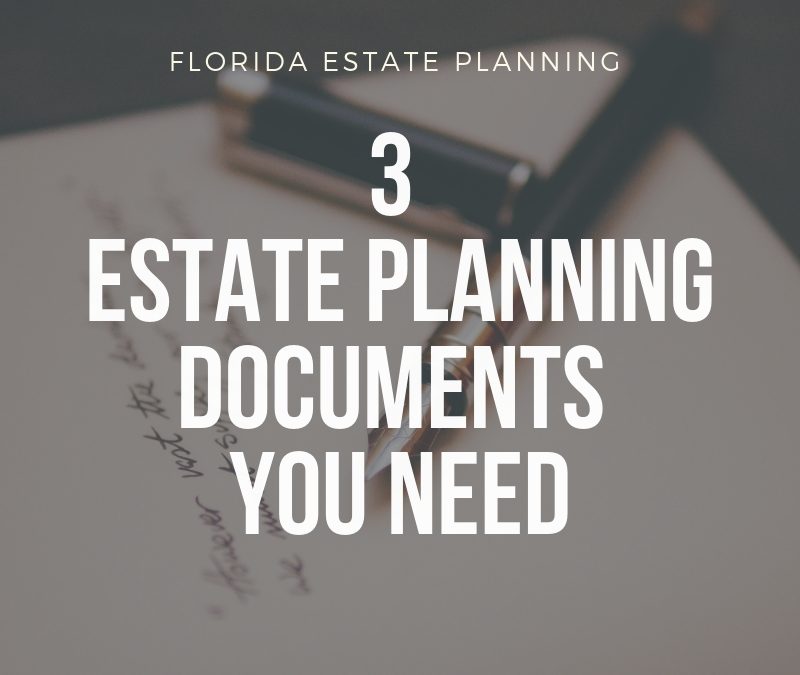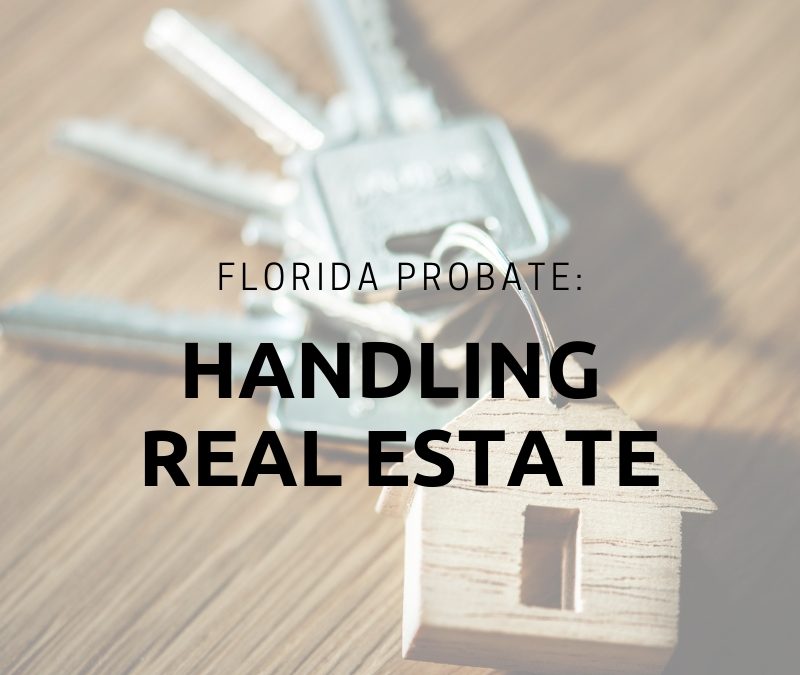Real estate is one of the most common assets that a personal representative will have to deal with during probate. When a decedent leaves behind real property, there are specific rules and methods regarding how the property must be managed, disposed of, and distributed.
Who Decides How to
Distribute the Real Estate?
The will itself is the primary decider of how real estate will be disposed. If the will is unclear or leaves no direction as to how to distribute the real estate, Florida courts prefer that real estate be distributed “in kind” amongst the beneficiaries. This essentially means that the personal representative must figure out a way to ensure that the beneficiaries receive property or funds that are equal in value.
Often, wills contain language requiring the personal representative to sell, or liquidate, any real property in order to make distribution easier. In such a situation, the personal representative will oversee the sale of the real property and then distribute the resulting funds as directed by the will or in kind.
The Personal Representative Has A Lot of Discretion
in Dealing with Real Property (Not Homestead)
A personal representative in Florida has broad discretion to sell the estate’s real property (with the exception of the “homestead” property – more on that in a later post!) if it is necessary to cover certain expenses.
Florida statute states that real property becomes an “asset” in the hands of the personal representative, and that he or she may sell it to pay devises, family allowances, elective shares, estate and inheritance taxes, claims, charges, expenses of the administration, and obligations of the decedent’s estate. The personal representative may also sell real property to enforce contribution and equalize advancement, as well as for distribution purposes. See F.S. 733.608.
There are times when a Florida personal representative may need to seek court approval before selling real property. For instance, if the power of sale is unclear in the will or if there are extraordinary circumstances surrounding the real property, the personal representative should seek court approval.
Another instance where a personal representative should seek court approval prior to selling real property is if the real property in question was specifically devised to a certain person. Such an instance may trigger contributions in lieu of that specific devise from other beneficiaries. This is just one of many examples where an attorney specializing in the Florida probate process can offer some extremely valuable advice.
When someone dies intestate in Florida, or leaves no powers of sale to the personal representative in a will, the personal representative should always seek court approval prior to a sale (rather than seek confirmation post-sale).
Regardless of the exceptions to the personal representative’s authority to dispose of real property without court order, the personal representative’s ultimate responsibility is to dispose of real property keeping in mind the best interest of the estate and for the benefit of interested parties, including creditors.
Some Practical Considerations When
Selling an Estate’s Real Property
There may be an instance when the personal representative themself wishes to purchase property from the estate. Although this is not prohibited, such a sale might be voidable by an interested party unless the court approves the sale after notice to interested parties and waivers are obtained. If an interested party is successful in voiding such a sale, the personal representative might be liable for costs associated with voiding the sale.
When a personal representative undertakes selling real property subject to the probate process, he or she must attempt to get the best price possible. This includes taking such actions as advertising the sale, getting appraisals, and ensuring that parties involved in the sale are not subject to conflicts of interest – just to name a few examples.
The personal representative must also consider some of the things that might affect the value of or sale of the real property. For example, is the property subject to a mortgage? A lease or leases? Does someone hold a contract to purchase the property? Or a right of first refusal? Any of these things may complicate a sale, and are good grounds for consulting with an attorney who specializes in Florida probate.
Disposing of real property subject to probate in Florida can be a daunting task. The Florida probate attorneys at Lynchard & Seely can offer advice regarding all these considerations (and many more). Please contact us today to set up your free initial consultation.
Want Help With Your Estate Plan?
Click Below to Schedule a FREE Initial Consultation!
Lynchard & Seely – COVID-19 Update
We want to update you on the steps we are taking to ensure we can continue to meet your legal needs in a secure and reliable manner. This year marks our firm’s 20th year in Navarre, and our team remains fully operational and here to support you and our community...

3 Florida Estate Planning Documents You Need Right Now
Three, fairly simple Florida estate planning documents is all you need. While, other things can help more, these will get you by in a pinch.

Estate Planning For Small Business Owners
Estate Planning for Small Business Owners – You have to think about more when estate planning if you have a business.
Want Help With Your Estate Plan?
Click Below to Schedule a FREE Initial Consultation!

